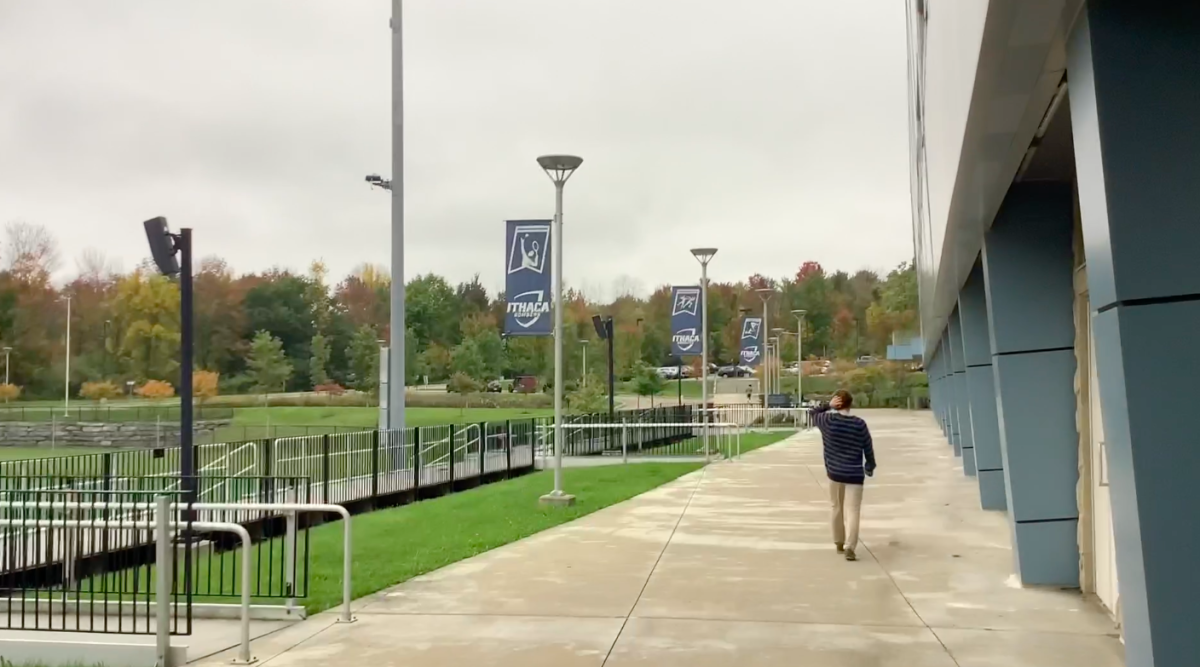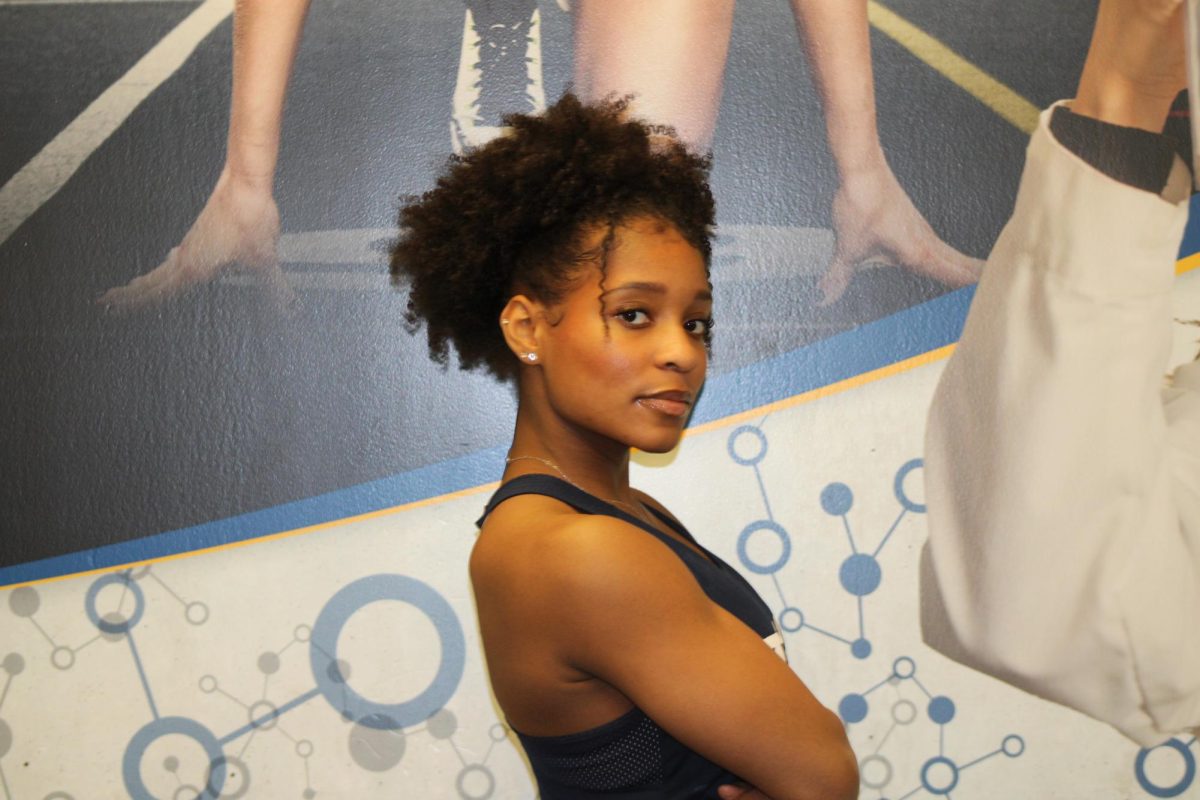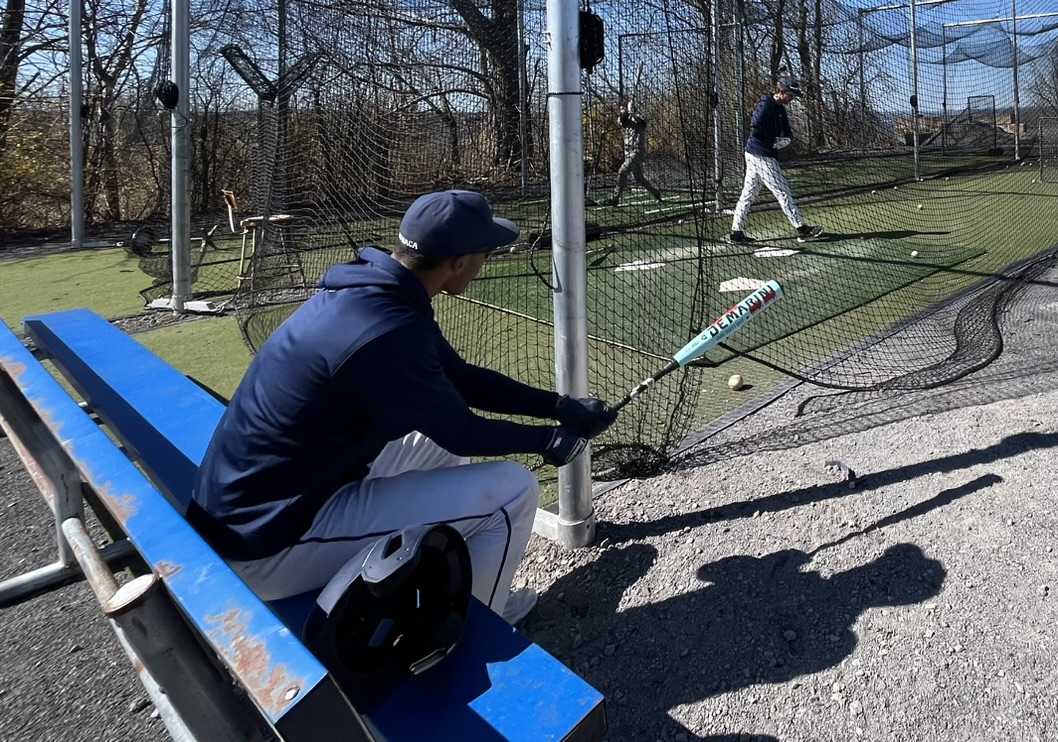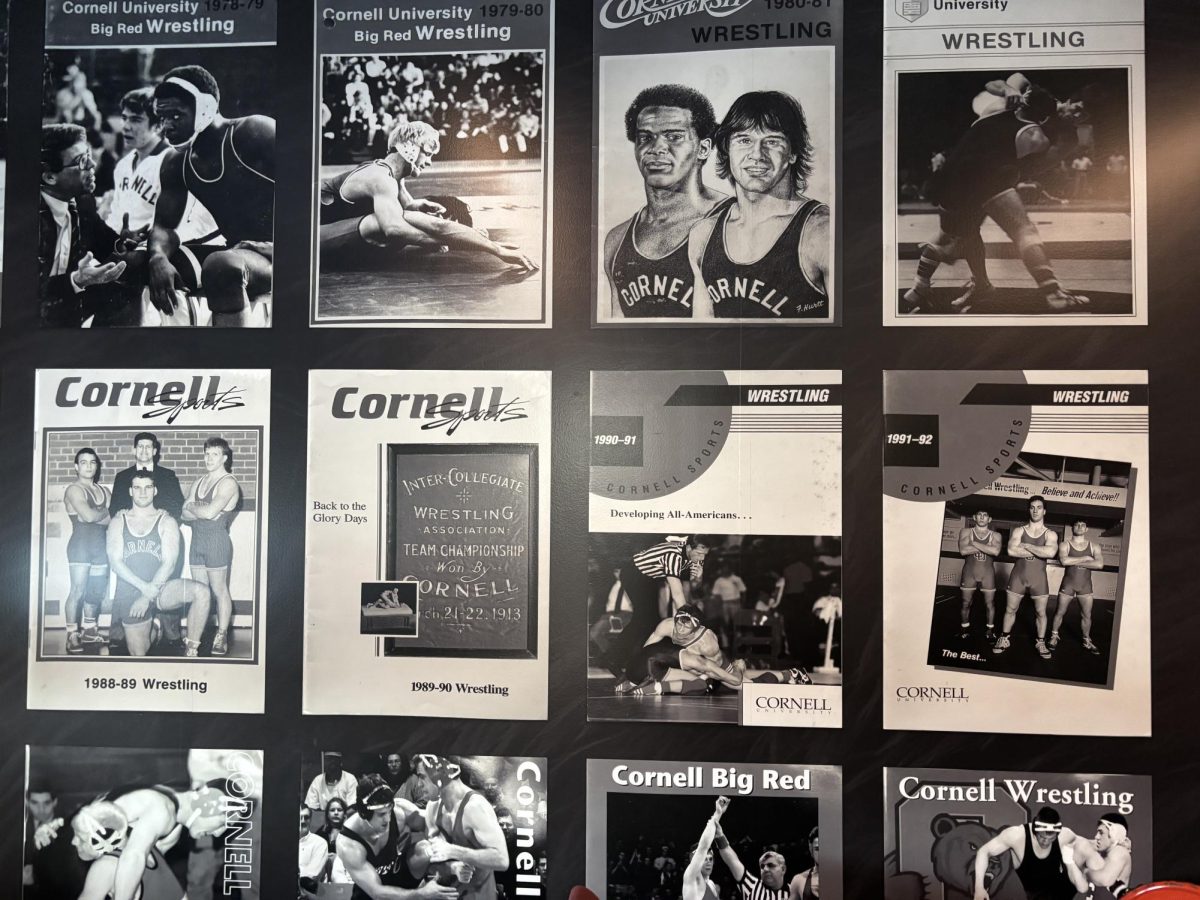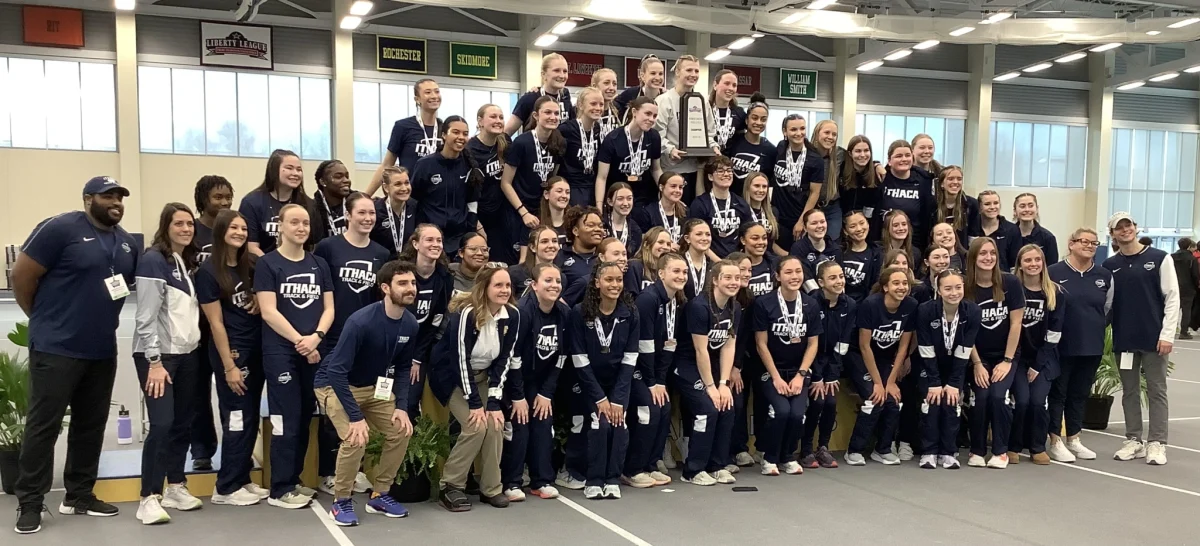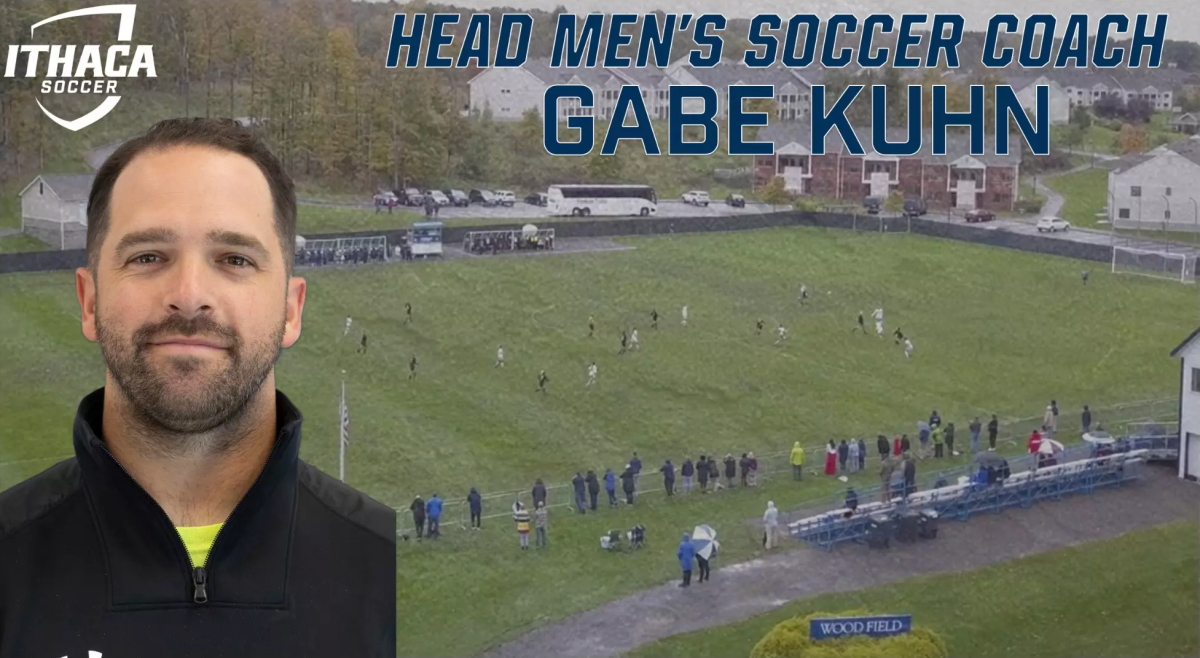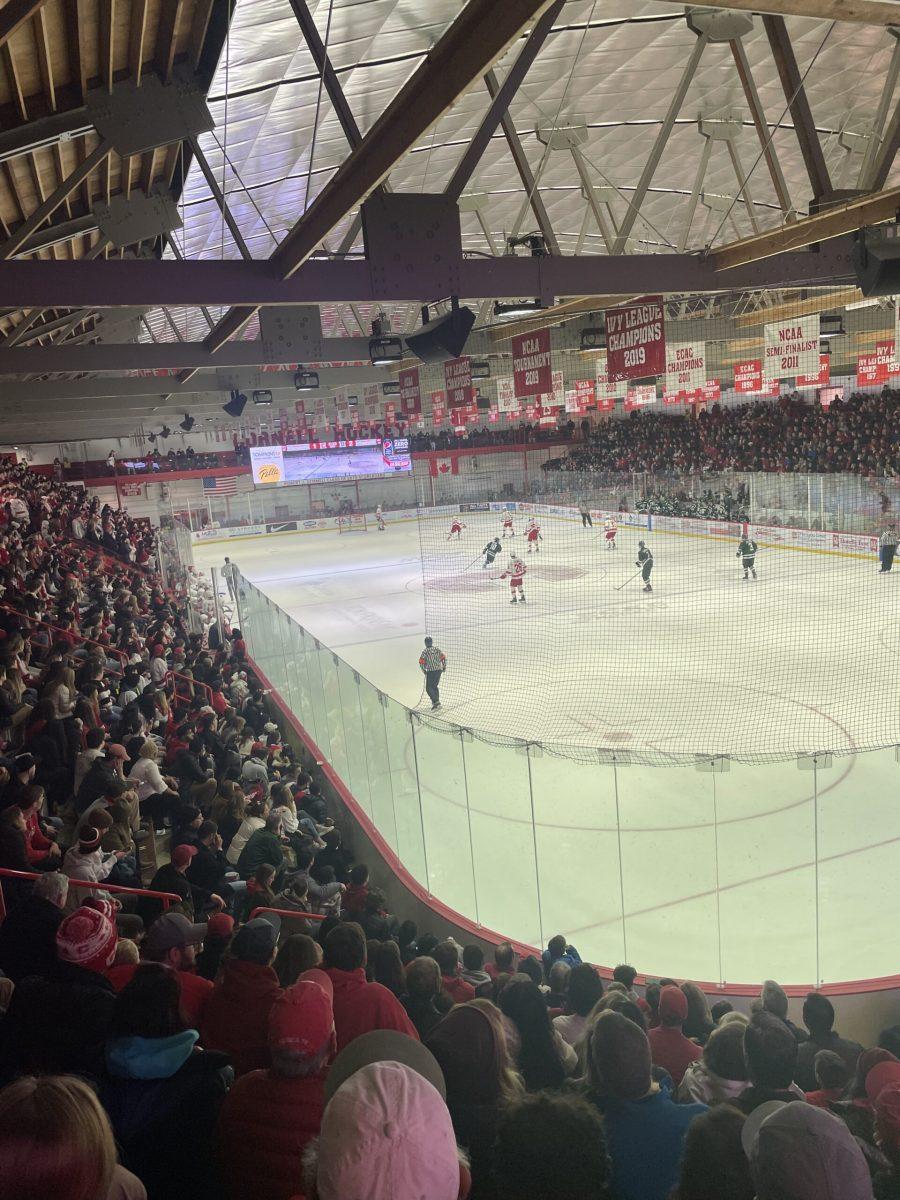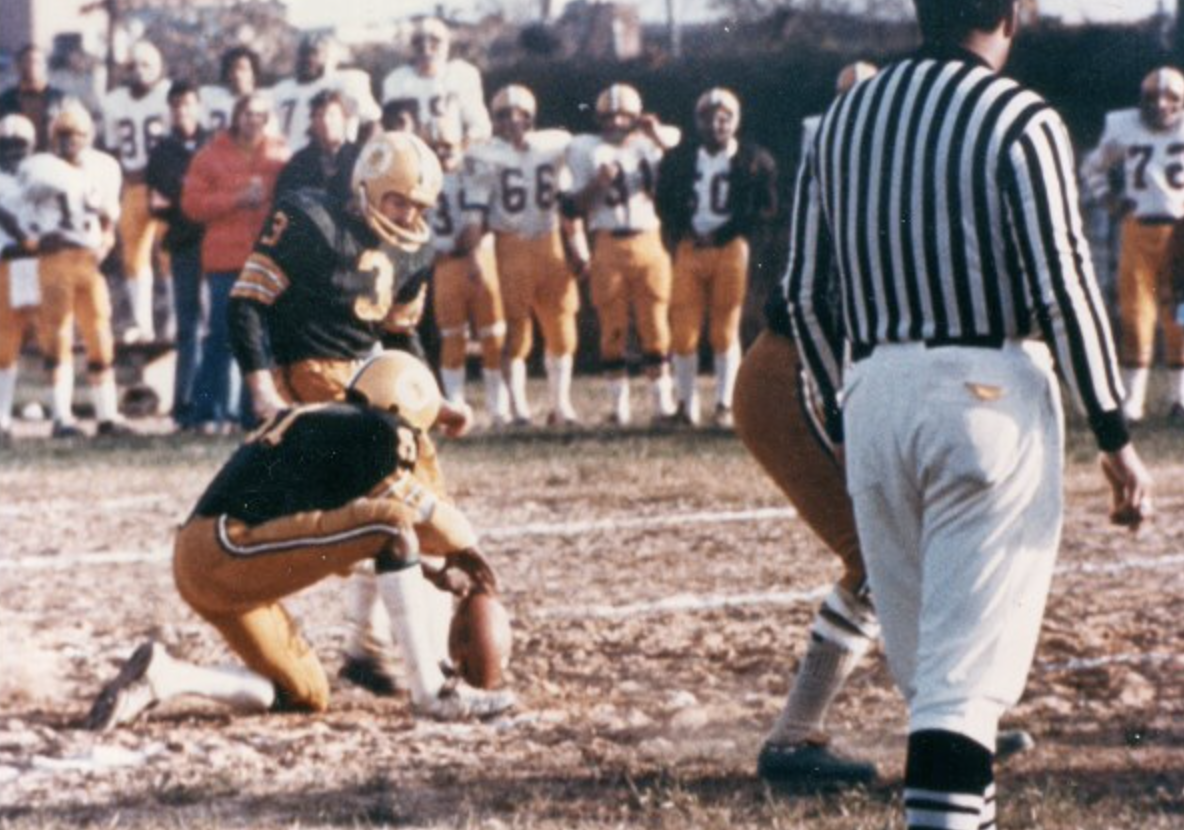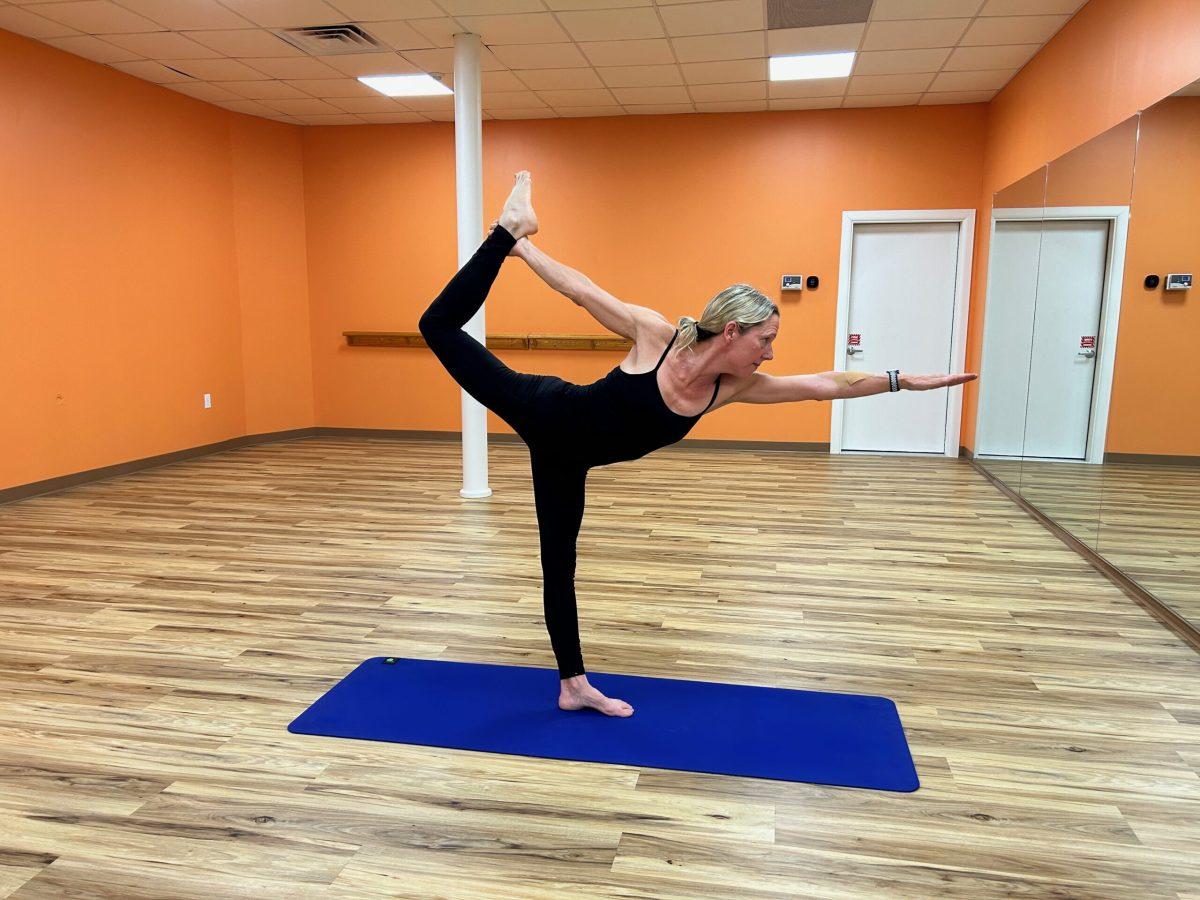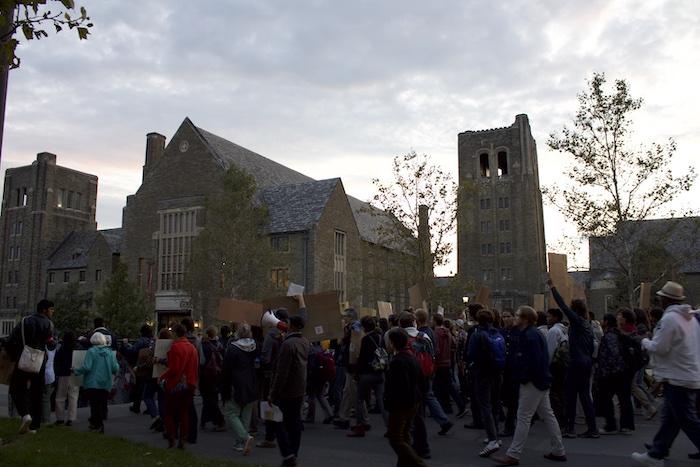Former athletes at Ithaca College talk about reasons they decided to walk away from their respective sports, when still eligible to play.
The number one rule when beginning to play sports is that they are supposed to be fun. That’s why we play them. Smiling faces of kids can be seen as you walk by a park, during a fall elementary school soccer game. Happy cheers are heard when passing by a spring youth baseball game. However, as athletes get older, the “fun” component can get lost in the mix. Lost and overshadowed by expectations, overtraining, and an emphasis on being the best. All this can lead to athlete burnout.
Understanding Athlete Burnout
Luke Olsson, a graduate teaching assistant in the School of Sport at York St. John University in York, England, performed a study that examined the effects of “perfectionist” coaches on athletes. Olsson concluded that there are three pieces of why athletes typically burnout. Emotional and physical exhaustion, a reduced sense of accomplishment, and more negative feelings about your sport.
Some of the physical symptoms of burnout include chronic muscle and joint pain, weight loss and lack of appetite, and a decreased sports performance. Some of the mental indicators are lack of enthusiasm, personality or mood change, and difficulty completing usual routines.
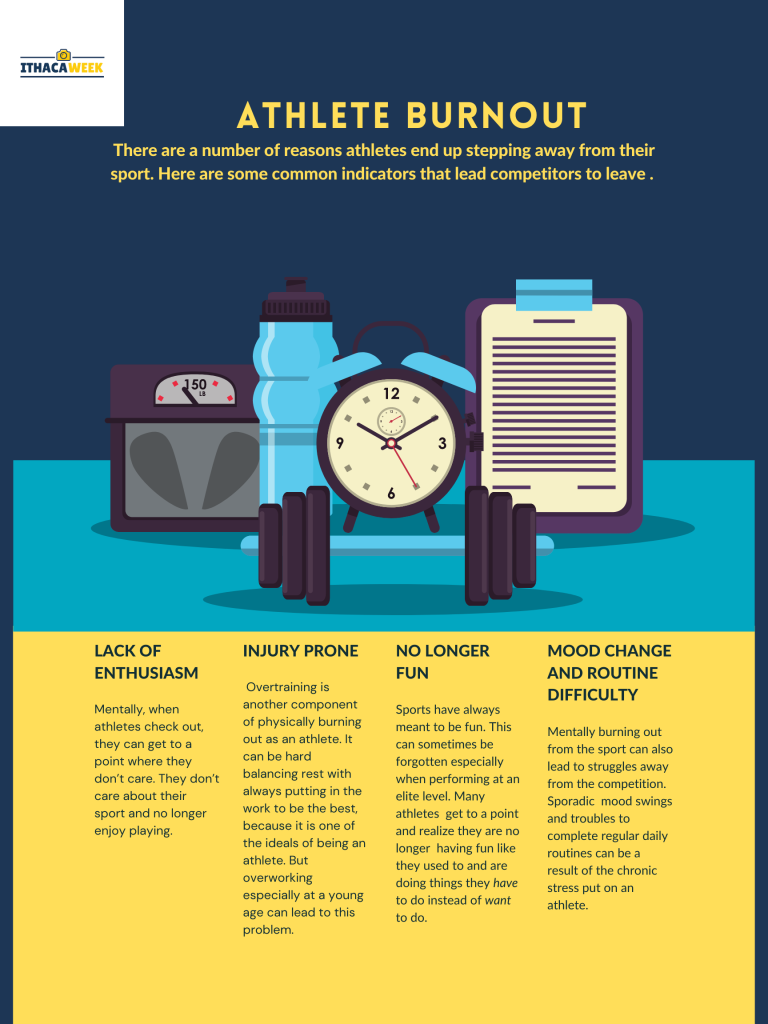
Ithaca College senior Thomas Constantine stepped away from playing lacrosse in the summer going into sophomore year because of injuries. Constantine had torn his ACL in his right knee twice–in his senior year of high school and freshman year of college.. After bowing out, he said he has been able to find more time for school with ease.
“I definitely have a lot more time for academics, especially in the spring, because lacrosse is a spring sport,” Constantine said. “I’m able to go home and see my family. My sister’s been home a lot recently. I’ve been able to get away a little bit from school and see them. It’s nice.”
IC Senior Makenzie Baker, who was on the track and field team until her junior year, said she mentally burned out, which was the reason why she decided to hang up the cleats.
“I felt like I was the healthiest and strongest I had ever been, but I wasn’t seeing the results,” Baker said. “So, to me, that felt more mental than physically burnt out.”

Sports Treated as a Job, Rather than an Activity
Greg Shelley, an associate professor in the Department of Exercise and Sport Sciences at Ithaca College, said that when the fun gets taken away, playing sports can seem more like a job than an activity.
“Obviously people are playing that sport in college, because they love that sport and it’s fun,” Shelley said. “And when that fun factor is no longer there, it’s not an outlet anymore. It becomes, for some people, stressful and more business-like. And then they have to do it, as opposed to something they want to do or get to do.”
This topic is nothing short of new either. In 1997, a study on Oregon swimmers focused on if athlete burnout was something more than just chronic stress on athletes. The results of the study showed that when athletes felt “trapped” and obligated to continue, they experienced more symptoms of athlete burnout. Feelings of entrapment occurred when athletes did not want to participate but felt that they had to “maintain their involvement.” However, when swimmers thought of their situation more enthusiastically and enjoyed playing, their ability to perform and not burnout skyrocketed compared to the latter.
That required commitment is something Baker said she felt when competing.
“I definitely think I’m a lot happier not being on the team,” Baker said. “I have a lot more time to just hang out with friends in my free time and do what I want to do. In track, we had so much that we had to do, every single day. It was nice having a schedule, but now I can kind of relax, instead of having to do stuff that was required.”
The tricky part as an athlete is balancing and becoming self-aware of when pushing through the stress gets to a point that is unhealthy. Shelley said it can be difficult because the whole ideal of elite athlete mentality is to work hard and stay the course.
“The mindset of many college and elite professional athletes is just to grind it out,” Shelley said. “And while we know a competitive spirit and a highly committed grinding mindset can lead to successful performances, that’s not for everybody.”

